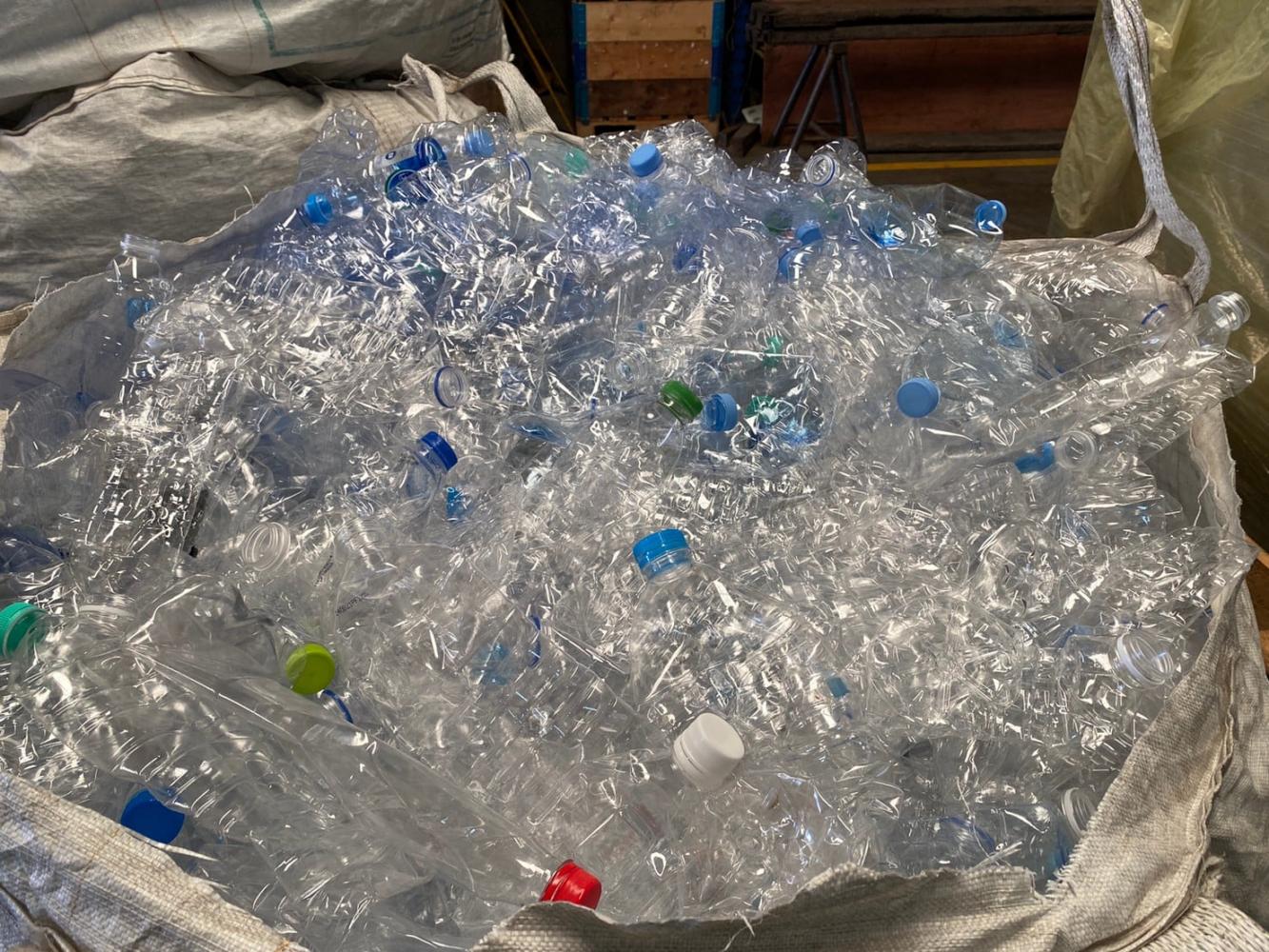
Chemical maker Dow Thailand Group has joined hands with the Thailand Institute of Scientific and Technological Research (TISTR) to develop a system to better collect and recycle plastic waste under a circular economy model to reduce the growing amount of this type of waste.
Chatchai Luanpolcharoenchai, president of Dow Thailand Group, said plastic waste in the country keeps increasing, especially during the pandemic.
The contagion, which has caused people to stay at home where they order more food and products online, is blamed for increasing plastic waste by 15% to 6,300 tonnes a day, up from 5,500 tonnes daily.
At present, only 23% of plastic waste can be sorted for recycling, but the government has set a goal to have all plastic waste recycled within 2027.
"TISTR and Dow have agreed to work together on a pilot project and will further expand it," said Mr Chatchai as he signed a memorandum of understanding on the cooperation yesterday.
The project will be carried out in Wang Wa community in Rayong's Klaeng district.
Within a three-year timeframe, they will develop a plastic waste separation centre to take used plastics for recycling.
Shops that buy used items and garbage management in the community will be also improved to make sure plastic waste will be sent to a recycling facility.
Recycling standards and tools to examine plastic quality will be put in place.
Both Dow and TISTR also want to develop online applications to promote proper waste management by connecting residents in the community and businesspeople.
The two agencies will base their plastics management on the circular economy.
The circular economy concept is based on using upcycling processes to add value to unwanted materials, making them reusable.
It is part of bio-, circular and green (BCG) economic model which is being promoted by the government.
Chutima Eamchotchawalit, governor of TISTR, said her agency will use research to support the development of waste management.